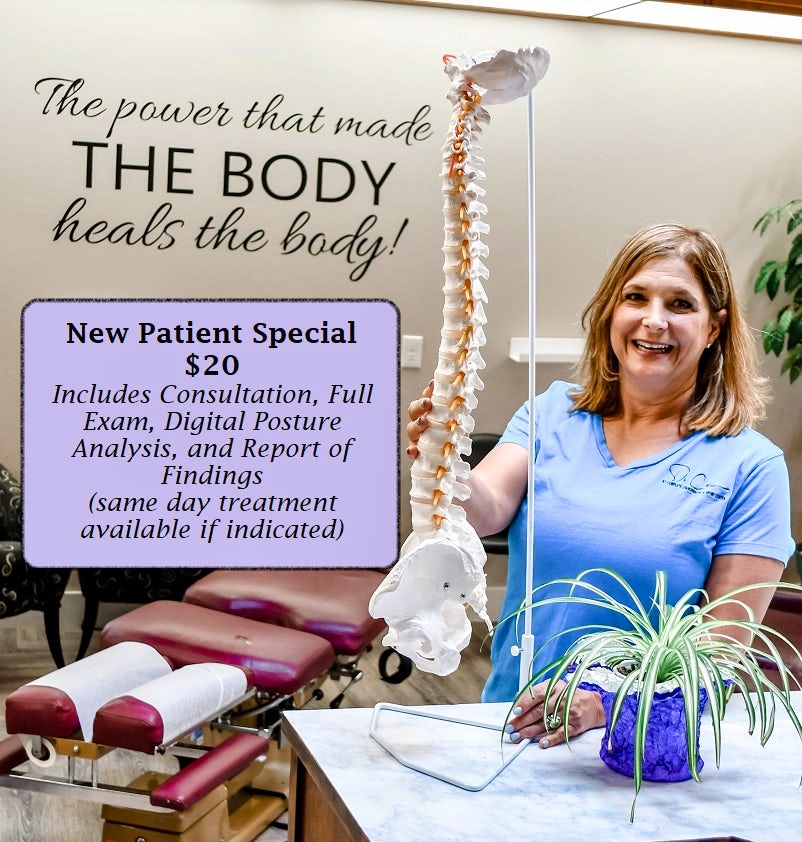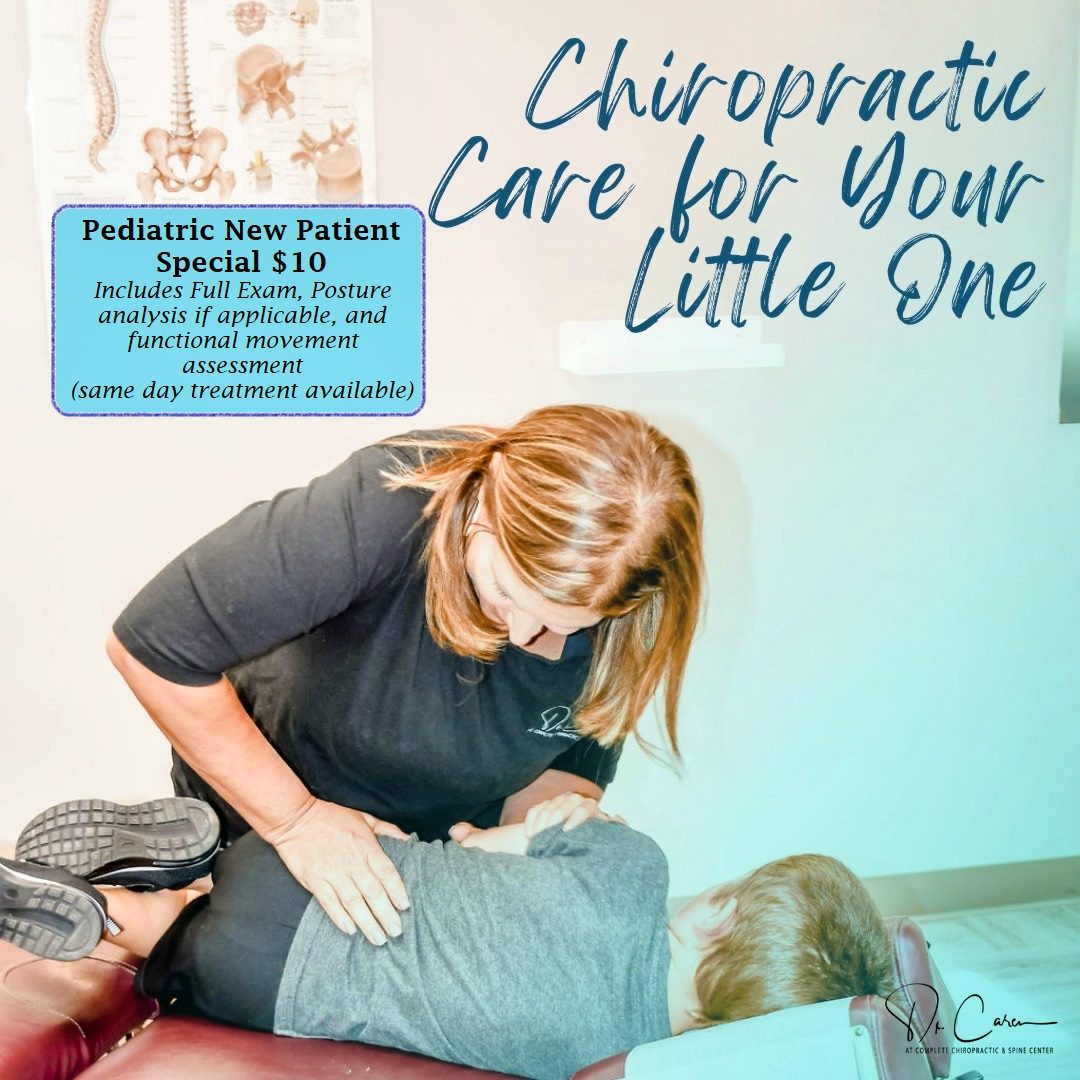
Temporomandibular Joint (TMJ) disorders can significantly impact one's quality of life, affecting daily activities like eating, speaking, and even sleeping. These conditions, often characterized by jaw pain, clicking or popping sounds, and limited jaw movement, can be challenging to manage. While traditional treatments focus on pain management and oral appliances, there's growing interest in alternative therapies like chiropractic care. In this article, we'll delve into TMJ disorders and explore how chiropractic techniques can offer relief and support. Understanding TMJ Disorders The temporomandibular joint connects the jawbone to the skull, facilitating essential functions such as chewing and talking. TMJ disorders encompass a range of conditions affecting this joint, including:
- Temporomandibular Joint Dysfunction (TMD): This umbrella term covers various issues affecting the TMJ, including muscle pain, joint inflammation, and jaw misalignment.
- Bruxism: Characterized by teeth grinding or clenching, often during sleep, bruxism can contribute to TMJ problems.
- Arthritis: Inflammatory conditions like osteoarthritis or rheumatoid arthritis can affect the TMJ, leading to pain and limited mobility.
- Trauma or Injury: Accidents or injuries impacting the jaw area can result in TMJ disorders. Chiropractic Approach to TMJ Disorders Chiropractic care focuses on the relationship between the spine, nervous system, and overall health. While commonly associated with treating back and neck pain, chiropractors can also address issues related to the jaw and temporomandibular joint. Here's how chiropractic techniques can help with TMJ disorders:
- Alignment Corrections: Chiropractors use gentle adjustments to correct spinal misalignments (subluxations) that may contribute to TMJ issues. Misalignments in the spine can affect nerve function and muscle tension, potentially exacerbating TMJ symptoms. By realigning the spine and addressing postural imbalances, chiropractic care aims to reduce stress on the jaw joints and surrounding muscles.
- Muscle Relaxation and Tension Relief: TMJ disorders often involve muscle tension and spasms in the jaw, neck, and shoulders. Chiropractors employ soft tissue techniques, such as massage and myofascial release, to relax tight muscles and improve range of motion. This can alleviate pain and stiffness associated with TMJ conditions, promoting greater comfort and mobility.
- Education and Lifestyle Guidance: Chiropractors work closely with patients to identify triggers and lifestyle factors that contribute to TMJ symptoms. They may provide ergonomic advice, jaw exercises, and relaxation techniques to manage stress and reduce jaw clenching or grinding habits. Educating patients about proper posture and jaw alignment during daily activities can also prevent worsening of TMJ issues. The Benefits of Chiropractic Care for TMJ • Non-Invasive and Drug-Free: Chiropractic approaches to TMJ disorders are non-invasive and focus on natural healing mechanisms, avoiding the use of medications or surgical interventions. • Holistic Approach: Chiropractors consider the interconnectedness of the body, addressing underlying issues that contribute to TMJ symptoms beyond just localized jaw pain. • Customized Treatment Plans: Each patient receives personalized care based on their specific TMJ condition, medical history, and lifestyle factors, ensuring a tailored approach to healing. • Improved Function and Well-Being: By addressing TMJ-related pain, tension, and mobility restrictions, chiropractic care can enhance overall jaw function and quality of life. Conclusion TMJ disorders can be complex and challenging, but chiropractic care offers a holistic and effective approach to managing these conditions. Through spinal adjustments, muscle relaxation techniques, lifestyle guidance, and complementary therapies, chiropractors can help alleviate TMJ-related pain and improve jaw function. If you're struggling with TMJ symptoms, consider consulting a qualified chiropractor to explore personalized treatment options and regain comfort and mobility in your jaw and daily life.






